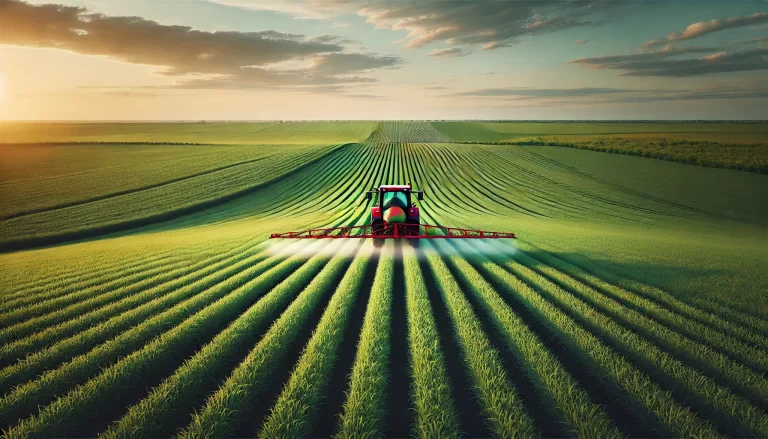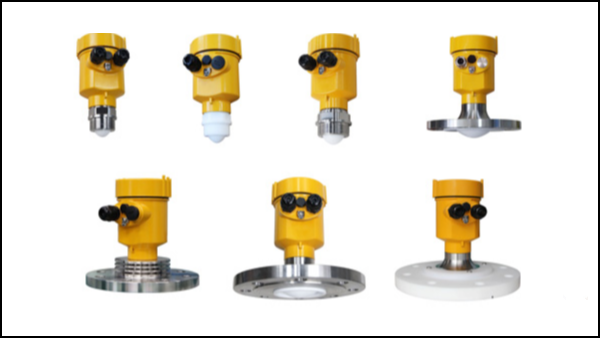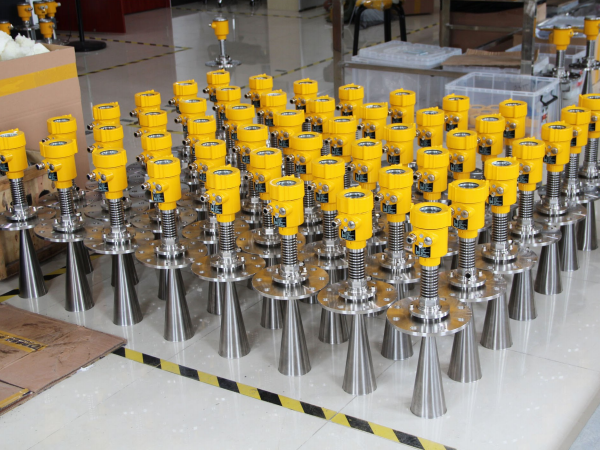In the development of modern precision agriculture, the rational utilization and management of water resources is one of the key factors in improving agricultural production efficiency and promoting sustainable development.
Radar flow meters, as an advanced flow measurement technology, are increasingly being applied in agricultural engineering, particularly in irrigation management, drainage system monitoring, and water resource assessment, where they have demonstrated significant advantages.

Irrigation is the aspect of agricultural production that is most dependent on water resources. Traditional irrigation methods often result in water wastage due to a lack of precise control. The application of radar flow meters makes real-time monitoring and regulation of water flow possible.
By installing radar flow meters at key points, the flow rate and volume of water can be continuously monitored, ensuring that every drop of water is efficiently utilized. This technology not only enhances irrigation efficiency but also significantly conserves water resources.
Agricultural drainage systems play a crucial role in preventing water damage, improving soil structure, and regulating field moisture balance. Radar flow meters act as monitors in this process.
By providing real-time monitoring of flow rates within the drainage system, managers can promptly adjust drainage strategies, preventing issues like crop diseases and reduced yields caused by poor drainage. Furthermore, accurate flow data helps analyze the efficiency of drainage system operations, offering scientific support for future improvements.

The assessment and management of water resources are fundamental to achieving sustainable agricultural development. Radar flow meters provide high-precision water data, which is crucial for evaluating agricultural water use efficiency and developing rational water allocation plans.
By accurately measuring water usage over various periods and combining this with data on crop water needs and growth cycles, agricultural engineers can optimize irrigation plans, ensuring the most efficient allocation of water resources.
In agricultural activities, improper use of water resources can have negative effects on the surrounding environment. Radar flow meters can not only be applied in agricultural production itself but also play a role in assessing the environmental impact of agricultural activities.
For instance, by monitoring water quality and volume in drainage systems, potential pollutants can be detected and prevented from entering water bodies through farm drainage, thereby protecting the ecosystem.

The application of radar flow meters in agricultural engineering demonstrates their important role in improving water resource utilization efficiency, promoting agricultural productivity, and protecting the environment.
